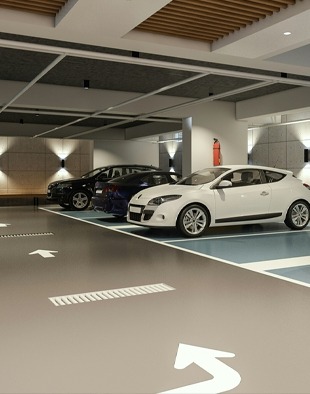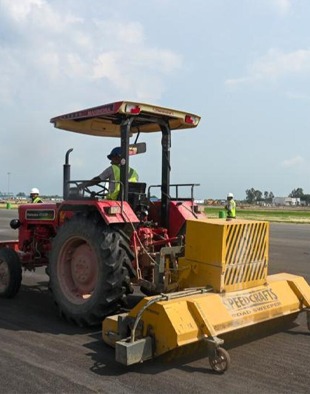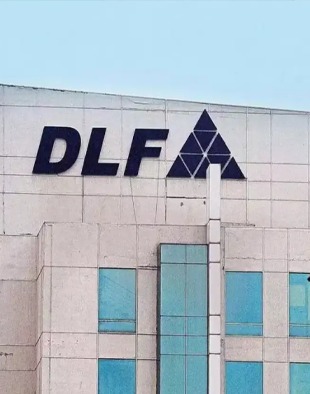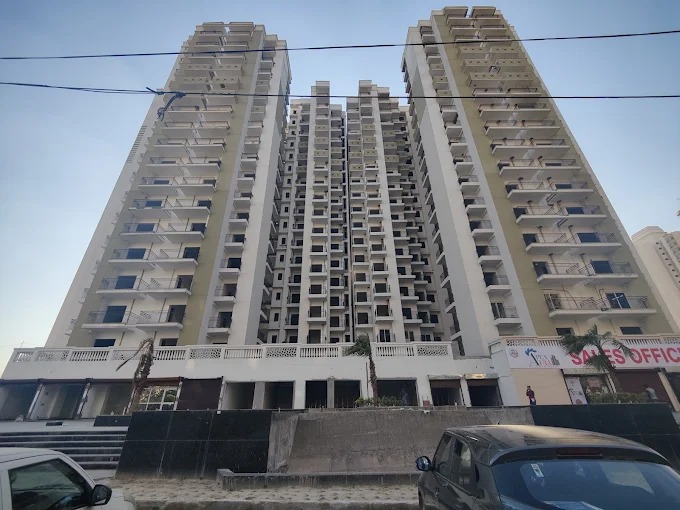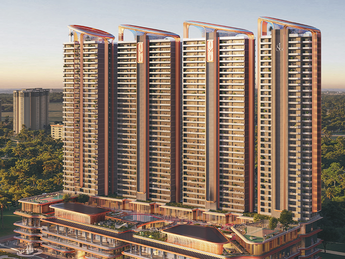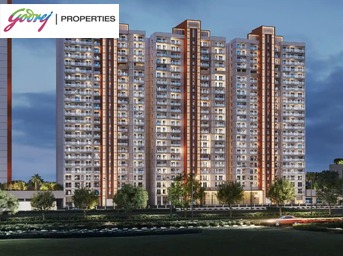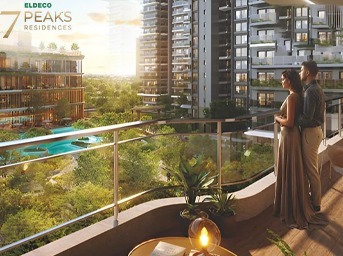Are you buying a house? Why the final price could be substantially greater than the price tag
By Bricksnwall | 2025-11-15
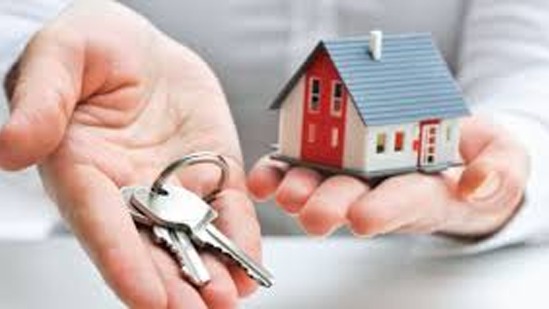
The real cost of owning a house isn't always
what it seems. Taxes, extra fees, and delays in the process might make the
total much higher than the sale price.
Most individuals make their biggest financial
choice when they buy a house, but many don't know that the price of the house
isn't necessarily what it seems at first. Taxes, extra fees, and delays in the
process might make the total much higher than the quoted sale price. When
builders have to wait longer, their holding costs go up, and they generally
pass these expenses on to buyers by raising prices.
So, buyers should check all extra fees on top of the basic price, like permission fees, development charges, different taxes, and fees for things like clubhouses and parking. These can add up to 8–10% of the total cost in some areas. They should also go to banks and other financial organizations to find out which of these costs can be covered by a loan and which ones need to be paid for right away.
Sachita Mehta, an IT worker from Bengaluru,
just bought an apartment for ₹90 lakh. Her final bill went up by about ₹20 lakh
because of stamp duty, registration fees, the Goods and Services Tax, and other
extras like parking and clubhouse fees. These kinds of fees can quickly raise
the price of a property, making it harder to finance and qualify for a loan.
So, it's crucial for buyers to learn about these parts early on so they can
plan better, negotiate wisely, and avoid money problems.
How GST 2.0 affects the Cost of Homes
Atul Monga, co-founder and CEO of BASIC Home
Loan, says that things like builder compliance, construction schedules, and,
most crucially, input tax credit efficiency have a big effect on how much tax
residential property buyers actually have to pay.
For GST reasons, residential real estate projects are split into two groups: "Affordable" and "Other than Affordable." "Affordable housing attracts 1% GST (effective), while other apartments attract 5% GST (effective)," explains Karthik Mani, Partner, Indirect Tax at BDO India, a professional services organization.
It is important to know that these low rates come with constraints, one of which is that developers can't get an input tax credit. The GST that developers pay for cement, steel, and other labor and contract services is built into the price of the unit, which makes it more expensive for customers.
Abhishek Soni, CEO and co-founder of Tax2win, an online tax filing platform, says, "When projects are delayed, builders often have to pay more to keep them going, and buyers pay more for them."
Tax Breaks and Stamp Duty
Changes in stamp duty and registration fees
directly affect how affordable something is and when it can be bought.
"States that have lower rates or exemptions for first-time buyers or women
have seen more stable demand for middle-income groups." "On the other
hand, higher taxes in cities, where land costs are already high, tend to push
buyers toward markets on the outskirts, which affects how cities grow,"
says Pramod Kathuria, founder and CEO of Easiloan, a digital home loan
marketplace.
"The increasing stamp duty cost made it
more expensive for buyers to buy a house, which makes it less affordable. Mani
says, "This is one of the reasons why some states temporarily lowered
stamp duty rates during the Covid period to boost demand for housing."
For instance, Uttar Pradesh gives women shoppers a 1% discount, which makes it appealing to a lot of mid-range customers. "On the other side, first-time buyers in West Bengal often have to rethink their property purchases because there isn't an offer like that there. Monga says, "Also, higher stamp duties in cities tend to make entry-level costs go up, which often stops homebuyers (even first-timers) from taking the plunge."
Costs that Buyers don't See
Buyers should check all the extra expenses they may have to pay on top of the home's base price. These fees could include approval fees, construction charges, various taxes, and fees for facilities like parking and clubhouses. Kathuria explains that in some cities, these amenities can add 8–10% to the ultimate cost of the home.
These expenditures would make it clear how much the house would cost in total. Mani says, "Buyers should also ask the banks which costs they can get help with and which ones they will have to pay for in full."
How to Save Money and Make Better Plans
During the holidays and at the end of the
year, builders sometimes provide discounts, waivers of stamp duty, and rebates
on registration fees, which lower the cost of buying a home.
"Buying when interest rates are low or
when government incentives like PMAY are in effect can make things more
affordable." Soni says, "Ready-to-move-in homes don't have to pay GST
(which is only charged on properties that are still being built), which saves
1–5% of the property's value."
Consider structuring home loans using hybrid
EMIs, step-up EMIs, or planned prepayments aligned with expected income growth.
Use all of the tax breaks available under Sections 24(b) and 80C for paying
back interest and principal to help lower your overall tax bill.
"Pick projects that are open and follow all the rules to avoid hidden costs." Monga says, "A tax-efficient and well-timed buying strategy helps lower upfront costs and makes sure that assets appreciate over time, which makes finances more stable."
Source: Hindustan Times
